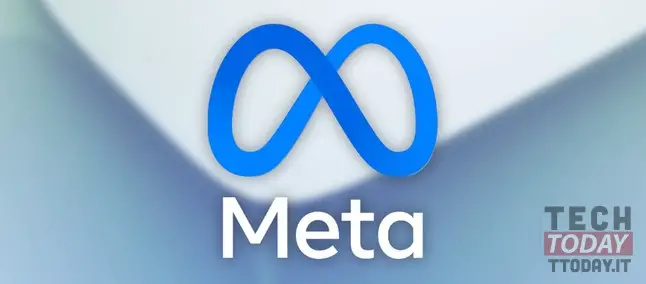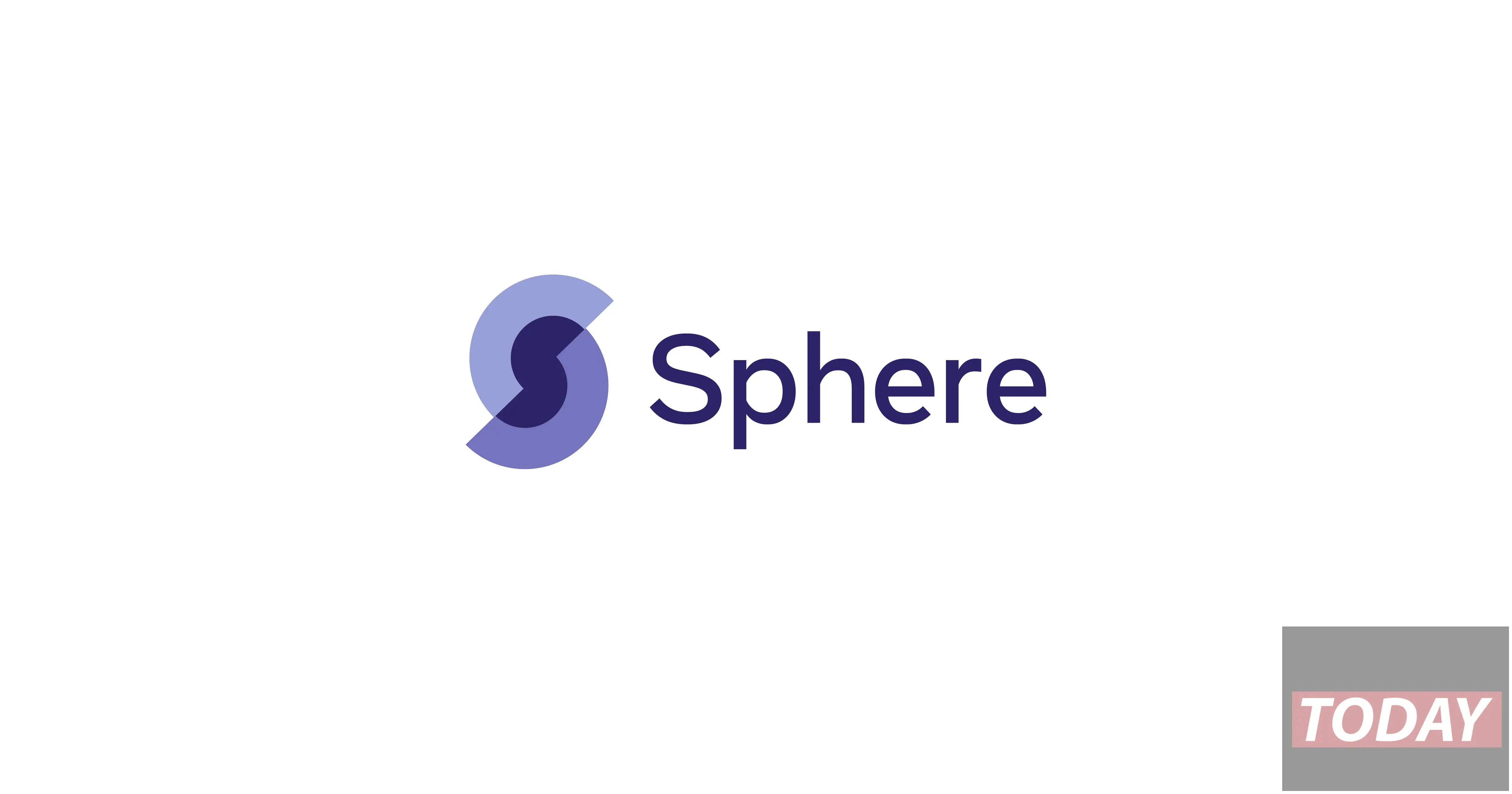
Meta, formerly Facebook, announced this week the launch of a new tool that uses artificial intelligence (AI) to identify web text it might contain information incorrect on various topics. Sphere, the open source system on which everything is based, uses the database with over 134 million articles to power platforms that depend on verification against fake news.
Based on artificial intelligence, the new Meta tool (formerly Facebook) allows you to protect yourself from fake news and disinformation
According to the company, one of the first services to use AI is Wikipedia, The encyclopedia counts on the collaboration of thousands of people around the world for topics of different genres. According to Meta, Sphere will be used by the team of editors of the site to facilitate the control of changes proposed by users. As the developer explains, the AI tool can be a strong ally in the fight against disinformation by gathering knowledge from thousands of Internet pages. All with the aim of facilitating the authentication of texts that contain incorrect citations or extra information.
Initially, this resource should be intended exclusively for B2B in order to combat fake news by considering data from numerous reliable sources instead of using a single site or collection as the primary source for checking suggestions, being more comprehensive than other options available on the website.

For now, the Wikimedia Foundation, the company that owns Wikipedia, is the only Meta customer who uses Sphere to recognize the lies in the suggestions of articles. However, more developers and companies should adopt AI services as the service progresses.
Automated tools can help identify misunderstandings or unquoted claims, but helping human editors determine if a source actually supports a claim is a far more complex task, requiring the depth of understanding and analysis of an AI system. . Building on Meta AI research and advancements, the team developed the first model capable of automatically scanning hundreds of thousands of citations simultaneously to check if they really support the corresponding claims.
Shani Evenstein Sigalov, lecturer and researcher at Tel Aviv University and vice chair of the board of trustees of the Wikimedia Foundation, said:
This is a powerful example of machine learning tools that can help scale volunteer work by efficiently recommending accurate citations and sources. Improving these processes will enable us to attract new publishers to Wikipedia and provide better and more reliable information to billions of people. I look forward to continuing to improve in this area, especially as machine learning tools are able to provide more personalized citations and multilingual options to serve our Wikimedia communities in more than 300 languages.








